2016 Hyundai Sonata Hybrid Vs 2015 Honda Accord Hybrid

The words “Hybrid Sedan Comparison” can barely be said without a pained yawn. As Managing Editor Jodi Lai and I discussed the two cars in the office, none of the other AutoGuide.com staff could be bothered to pipe in.
News Editor and truck expert Stephen Elmer was busy picking the dirt out of his nails. Road Test Editor Mike Schlee was buzzing from his task of comparing three high-powered V8 muscle cars, while Colum Wood, chief of everything car related here at the office could barely be bothered to peer over the scale-model exotic cars that are littered around his work space. Well, it looks like it’s up to Jodi and me to help point out just what’s exciting about the hybrid sedan space.
The Match-Up
The dark blue key fob in my hand features a big, upright H, and unlocks the 2015 Honda Accord Hybrid we have for testing. Compared to a regular Accord, the hybrid model has a few features to help it stand out, but nothing too blatant. The front grille is unique, as are the wheels, while a few subtle badges help confirm that this is indeed a hybrid.
Sitting across from it and unlockable with a brown key with a slanted H is the 2016 Hyundai Sonata Hybrid. Visually, the Korean midsized sedan used to really stand out, especially in hybrid form, but now the Sonata Hybrid looks like almost any other sedan on the market. Like the Accord, there are very small hints that this is a hybrid instead of the usual gasoline Sonata, including the exclusive wheels. The front and rear end of the car are slightly changed from the regular model, in order to improve aerodynamics giving the Sonata Hybrid a drag coefficient of 0.24, equal to that of the impressive Tesla Model S.
In terms of styling, the Sonata looks more upscale due to its tasteful use of chrome accents.
“I like the Sonata’s exterior and interior design better,” says Managing Editor, Jodi Lai. “The Sonata looks more modern and not too different from the regular Sonata, with the exception of the ugly rims and a tasteful rear tail light treatment.” I actually like the see-through, altezza style tail lights that make the car stand out in a futuristic way.
She adds, “I hate the weird blue accents on the Accord’s grille – it reminds me of when you buy a new appliance and there’s blue plastic wrap on it to protect the finish from scratches during shipping.”
Compare Specs
| Vehicle | 2015 Honda Accord Hybrid | Advantage | 2016 Hyundai Sonata Hybrid |
|---|---|---|---|
| Engine | 2.0L + Electric Motor | - | 2.0L + Electric Motor |
| Horsepower | 196 hp | Accord | 193 hp |
| Transmission | CVT | - | Six-Speed Auto |
| Fuel Economy | 50 MPG city / 47 MPG hwy | Accord | 39 MPG city / 43 MPG hwy |
| Observed MPG | 40.5 mpg | Accord | 39.2 mpg |
| Cargo Space | 12.7 cu.ft. | Sonata | 13.3 cu.ft |
| Starting Price | $30,140 | Sonata | $26,835 |
| Fully Loaded Price | $35,890 | Sonata | $35,435 |
Tech and Powertrains
The powertrains of these two cars have similar output but different methods. In the Accord Hybrid, a total of 196 hp is found thanks to the combination of a 2.0-liter four cylinder engine and Honda’s electric motor. Similarly, the Hyundai Sonata Hybrid uses a 2.0-liter four-cylinder engine and electric motor combo to deliver 193 hp. Both cars are front-wheel drive, but the Accord uses a continuously variable transmission while the Sonata uses a traditional six-speed automatic. Furthermore, the Accord uses a 1.3 kWh lithium-ion battery, while the Sonata uses a slightly larger 1.62 kWh lithium-polymer battery pack.
This results in some pretty big differences in terms of fuel economy, the main focus of these two rides. The Accord Hybrid is pegged to hit 50 mpg in the city and 47 mpg on the highway, while the Sonata Hybrid is only good for 39 mpg city and 43 mpg highway. On the road, the difference was less noticeable. After our test drive, Jodi and I found the Honda to be more fuel efficient, earning 40.5 mpg compared to the 39.2 mpg in the Sonata. That may not be a huge delta in terms of fuel usage, but we did find that the transmission is a great place to start when it comes to pick these two cars apart.
On the Road
The Sonata is smooth and refined; the transmission reluctantly drops a gear only when you exert a lot of right foot pressure. Before it slips into a lower gear, the car’s electric engine fills the void, meaning the car always feels responsive and never hesitant. The CVT on the Accord Hybrid is hyperactive and eager to change gear ratios, something that likely contributed to its lower than expected as-tested fuel economy. The Honda features a more powerful electric motor, and it shows.
There’s no doubt that the Accord feels faster between the two cars, but it comes at a price: refinement. It’s very obvious when the combustion engine fires up in this Japanese car, it’s noisier than the Sonata and stays on for longer. The Korean car on the other hand, seems far less eager to fire up its gasoline component and is happy to scoot around using electric power only. Jodi noted that every time she turned on the car, it stayed in EV mode until more power was needed.
Driving dynamics of the two cars are similar to their gas-only counterparts. They offer minimal road feel and steering feedback, but are easy to drive and see out of. Again, the Sonata seems to have a focus on refinement.
“While driving, I feel like the Accord’s steering feels very artificial,” notes Jodi. “Especially at highway speeds, it’s too light, and I find myself over-correcting my steering. It lacks a positive on-center feel. I never got this feeling with the Sonata.”
Interior
Finally, the case for the Sonata Hybrid taking this comparison is made with its interior. Every element of its cabin is better.
“The materials used are more luxurious, the infotainment setup is more user friendly and the layout makes more sense,” says Jodi. “I also like the Sonata’s huge panoramic sunroof and heated steering wheel, things the Accord doesn’t have. The Sonata’s trunk is also way bigger.”
The Accord’s interior didn’t leave as much of a positive impression, with Jodi dinging the Japanese car for featuring unattractive plastic trim and a confusing two-screen infotainment system. In terms of space, the trunk of the Sonata is just over half a cubic foot greater than the Accords.
Both cars offer safety features including lane departure warning and forward collision warning, though the Accord’s system was far more sensitive. Annoyingly so. The Honda beeped at us at every opportunity, begging for us to turn off its safety features. The biggest positive for the Accord was its LaneWatch camera system that gives you a clear view of your passenger-side blind spot. On the other hand, the Sonata offers a perfectly competent blind-spot monitoring system. We also preferred the Sonata’s graphics that show you how green you’re driving. They were easier to follow than the Accord’s and encouraged you to drive more gently.
Pricing
The base Hyundai Sonata Hybrid SE starts at $26,835 including delivery, significantly less than the Accord’s $30,140 price tag. Option them up and a fully loaded Accord Hybrid Touring will set you back $35,890 while the Sonata Hybrid Limited, equipped with the Ultimate Package will cost you $35,435. While the EPA rated fuel economy numbers are very different, the as tested figures don’t give a major edge to the Accord. Add in Hyundai’s longer Powertrain Warranty (10 years/100,000 miles compared to 5 years/60,000 miles) and its lifetime hybrid battery warranty, and the Sonata is the Hybrid to have in this comparison.
The Verdict: 2016 Hyundai Sonata Hybrid vs 2015 Honda Accord Hybrid
The stylish and well equipped Sonata shows how seriously Hyundai has taken its Hybrid offering. It’s available with more features, better styling and a more luxurious interior. It offers solid fuel economy and while the numbers aren’t in favor of the Korean midsized sedan, it’s not so far behind to make it lose this comparison. With a new and improved 2016 Honda Accord (non-hybrid) now on sale, its likely Honda will bring its biggest changes to the electrified model, meaning a rematch isn’t far off. Right now, the Sonata takes this matchup for its refinement and better interior.
2016 Hyundai Sonata Hybrid, 2015 Honda Accord Hybrid
LOVE IT
- Interior
- Refined powertrain
- Price
- More MPGs
- LaneWatch
- More responsive
LEAVE IT
- Bland exterior
- Fewer MPGs
- Boring to drive
- Not as refined
- Poor steering
- Interior

Sami has an unquenchable thirst for car knowledge and has been at AutoGuide for the past six years. He has a degree in journalism and media studies from the University of Guelph-Humber in Toronto and has won multiple journalism awards from the Automotive Journalist Association of Canada. Sami is also on the jury for the World Car Awards.
More by Sami Haj-Assaad



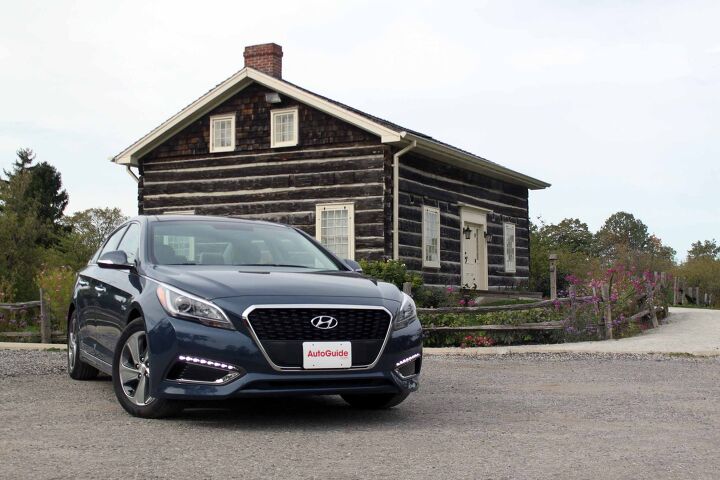
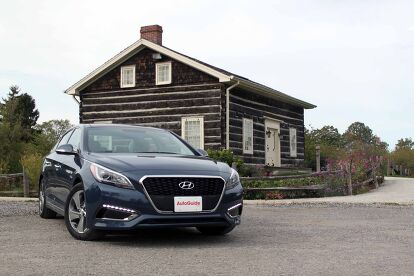












































































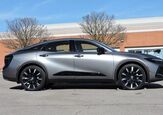









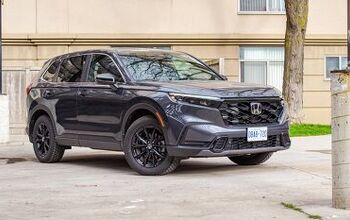
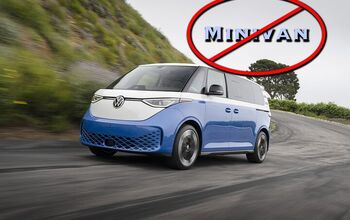
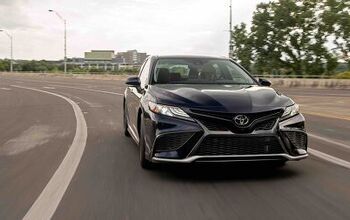
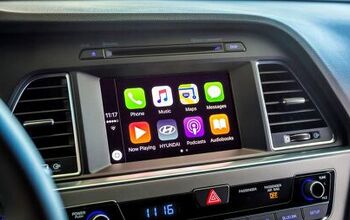
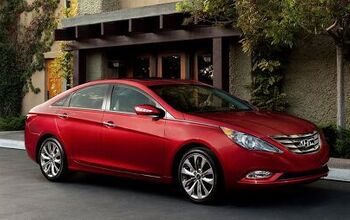
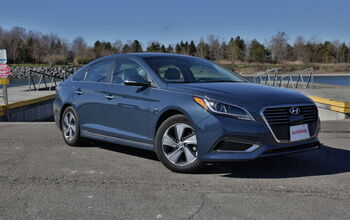
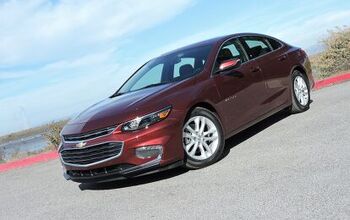



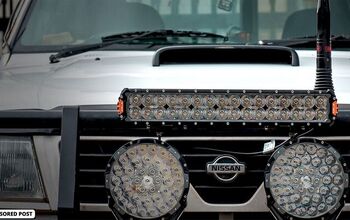
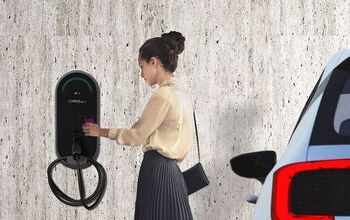
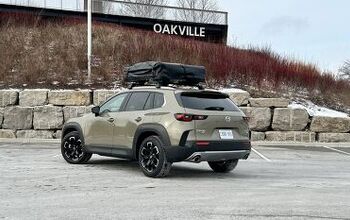

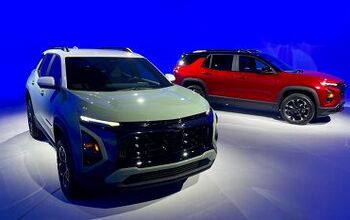
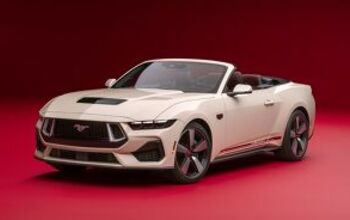
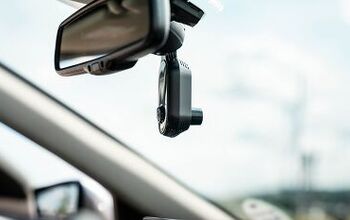

Comments
Join the conversation
I wouldn't touch hyundai with a 10 mile road, that's about as far as you'll get before the regret sets in. Comparing the Sonata with the Accord is like putting a weekend gamer in the ring with a black belt. The Camry and Accord have the market cornered for beige grocery getters, there simply is no competition. They run forever with minimal issues and they dont rust, that's all you're paying for. Years of dependability and Honda/Toyota is light years ahead of Hyundai.
I currently drive (and have loved) an '08 Accord EX-L 4-cyl, which now has 210K miles. I just test drove both of these cars (well, the '17 Accord Hybrid, not the '15). The '17 Accord Hybrid still has the disconcerting disconnect between engine noise and performance. The Honda's interior simply isn't as nice, the Hyundai's exterior (except for the rear) is more handsome and, on the road, my experience with fuel economy as stated by the cars' built-in MPG calculators actually gave the edge to the Hyundai since the Hyundai did a better job of staying in EV mode than the . As far as brand reliability is concerned, Consumer Reports lists Honda as #8 and Hyundai as #9 for 2015. For the gas-powered Accord and Sonata (they didn't list hybrids), both are equally good in the reliability breakdown and predicted reliability (in fact, both had excellent ratings down the board). Facts are your friend. Don't let past perceptions of quality color your car-buying decisions. I almost didn't even test-drive the Sonata Hybrid because of this but I'm glad I did my research. The Hyundai is a remarkable car, this coming from a guy who never thought he'd consider anything but another Honda.